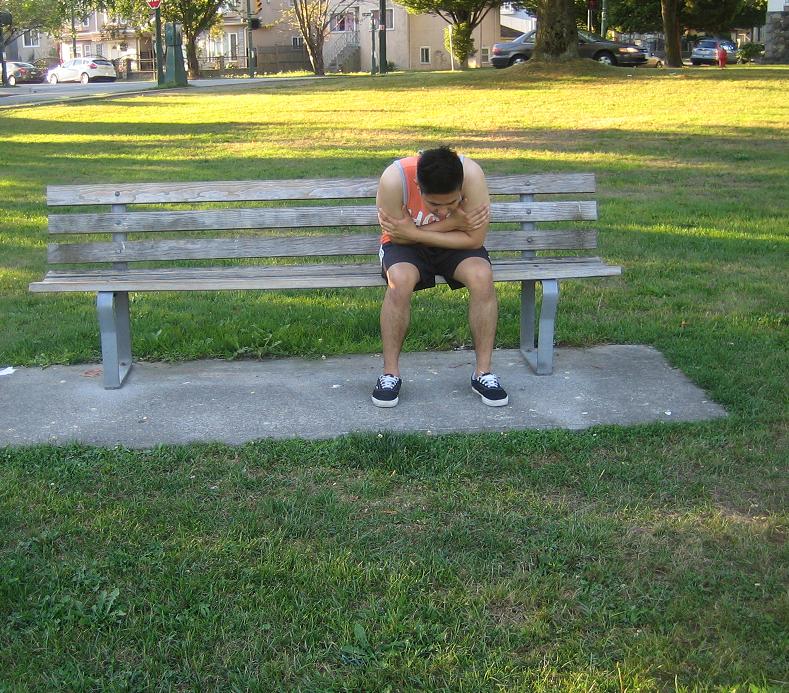Heat exhaustion is a heat-related condition that can develop after exposure to high temperatures and often accompanied by dehydration.
https://www.youtube.com/watch?v=gwAAC9h4M6s
Types of heat exhaustion
- Water depletion – weakness, excessive thirst, headache, loss of consciousness
- Salt depletion – nausea and vomiting, dizziness, muscle cramps
Even though heat exhaustion is not as severe as heat stroke, it should not be taken lightly. With proper care, it can progress to heat stroke that can damage the brain and other vital organs and even result to death.
Indications
The usual indications of heat exhaustion are the following:
- Dark-colored urine
- Confusion
- Fatigue
If an individual has symptoms of heat exhaustion, it is vital to move him/her out of the heat and allow to rest in an air-conditioned room. - Dizziness
- Headache
- Fainting
- Pale skin
- Muscle or abdominal cramping
- Profuse sweating
- Nausea, vomiting or diarrhea
- Rapid heartbeat
Treatment
If an individual has symptoms of heat exhaustion, it is vital to move him/her out of the heat and allow to rest in an air-conditioned room. If not available, look for the nearest shaded and cool place.
Other suitable measures include the following:
- Provide plenty of fluids to drink
- Remove any constricted or tight clothing
- Ensure that the individual takes a cool bath, shower or sponge bath
- Apply other cooling measures such as ice towels or fans
In case these measures could not provide relief within 15 minutes, seek medical care because if left untreated, it can progress to heat stroke.
After recovery, the individual might be more sensitive to high temperatures during the following week. With this in mind, it is ideal to avoid warm weather and any strenuous activity until allowed by the doctor.
Preventive measures
If the heat index is high, it is recommended to stay indoors with air conditioning. If it is needed to go outdoors, heat exhaustion can be prevented by these measures:
- Use light-colored, lightweight, loose clothing and a wide-brimmed hat.
- Apply a sunscreen with SPF of 30 or higher.
- Drink more fluids such as water or fruit juices on a daily basis.
- When exercising, the intake of fluid is increased before, during and after activity.
- Avoid fluids that contain either alcohol or caffeine since both promote loss of fluids and worsen heat exhaustion.
Disclaimer / More Information
The information posted on this page on heat exhaustion is for learning and educational purposes only. To learn to recognize the indications of heat exhaustion, register for first aid training at one of our training centers located throughout Canada. The training centers are located in Edmonton, Calgary, Vancouver, Kelowna, Surrey, Winnipeg, Toronto, Ottawa and Halifax.


